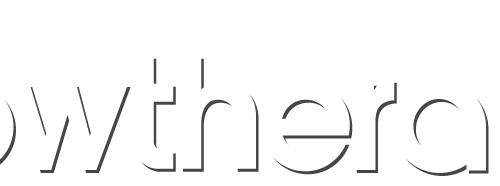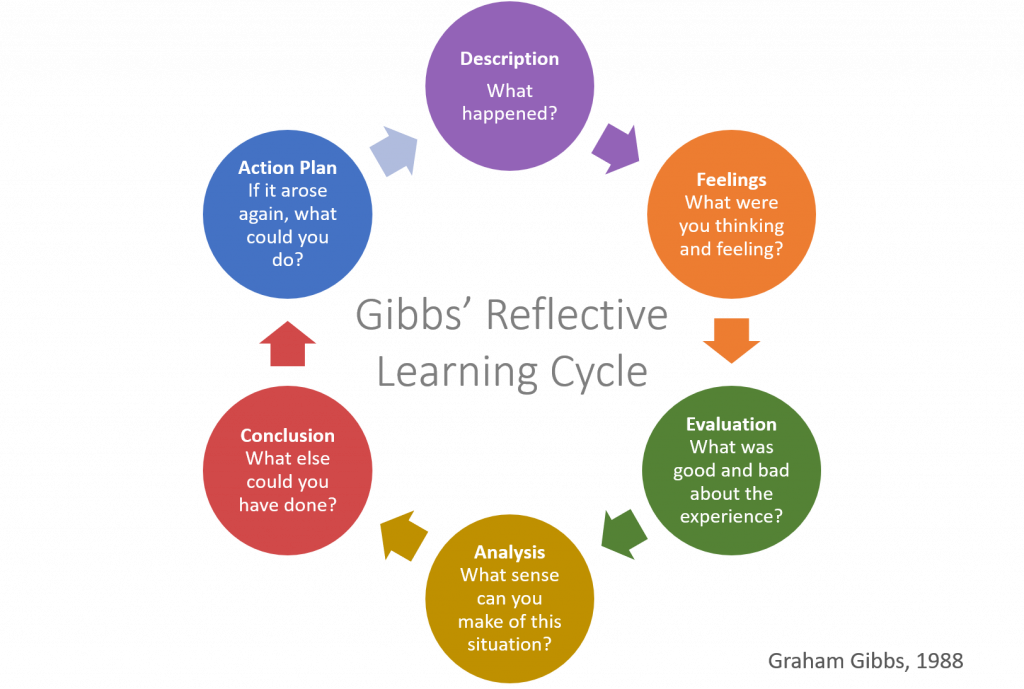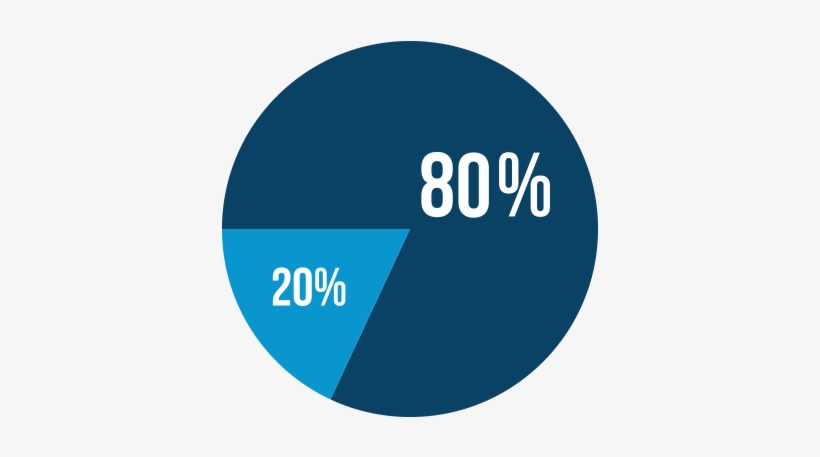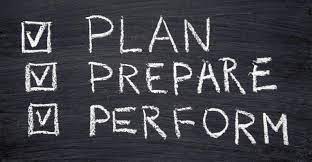Eighty Percent Of Success Is Showing Up…
So where is the other twenty?
American filmmaker, actor and comedian Woody Allen once stated that “eighty percent of success is showing up”, so is this the same for job interviews? This blog aims to look at how showing up may only get you so far without preparation and participation, whilst reflecting on my own experience within the stimulated interviews using the Gibbs’ Reflection Cycle.
TIME Magazine explain that employers usually have two goals during an interview; ‘to ensure that you possess the necessary skills for the position, and to verify that you are a culture fit’. This makes a job interview sound quite simple, but the thought of a job interview can be extremely daunting for many, especially if it is for a ‘dream job’ that you have always wanted. For me, I can find them quite intimidating, as after all, it is your future career on the line. Over the years I have had to take part in a few interviews, but none that have been specific to the industry I want to work in after I leave university. I have always wanted to work with cameras, whether that be in film, television or creating content for platforms such as YouTube, Instagram and Facebook, which is why I chose to apply for a position as Video Producer at Four Communications, a communications and marketing company based in London.
Perfect Preparation: Balance between too much and not enough.
Some people may have the confidence in themselves to do little to no preparation for a job interview, others may be the opposite and spend hours preparing. C3 Conversations, in an article about planning versus preparation, explain that there is a happy-medium when it comes to getting ready for an interview. They state that ‘trying to predict exactly what you’ll say and when, or what should happen and when, is energy draining and ultimately futile, and too much of it can undermine all your hard work’. In the preparation stage of my interview I originally felt very relaxed and confident in my abilities. This was because I had read the job advertisement several times, making a checklist of all the skills and qualities needed for the job, and then checked to see whether I could fulfil the criteria. I felt that I had enough experience in producing, filming and editing video content over the past four years that I was a great fit for the job. One thing I found very useful was actually coming up with questions for the other members of my group, almost putting me in the position of the interviewer, and not the interviewee. This allowed me to think of possible questions that I may get asked during my interview.
The preparation for the interview didn’t go much further… which made things a little harder for me during the interview itself. Searching for interview advice online, there are hundreds of websites giving you tips on how you can be the best version of yourself, with many of them saying the same thing; research your employer! I for some reason, didn’t do this as well as I had thought. From the job advert I was under the impression that this company was solely related to creating video marketing campaigns for other brands and businesses. Had I taken the time to do more extensive research I would have found out that Four Communications are also heavily involved in… communications. You would have thought the name gave it away. Perhaps this lack of preparation was partly due to me having too much confidence, thinking the interview would be a breeze because I felt I ticked all the boxes in the job advert. As always, you learn from your mistakes, and this has been a valuable experience, teaching me to do more before the interview and not to be too cocky.
Showing Up…
When it was time for me to do my interview I wasn’t overly anxious or worried as I felt I had prepared enough and as I mentioned before, I felt I ticked all of the boxes for skills and qualities in the job description. I felt that the interview went well. I was happy with most of my answers and felt that I had made a good impression, making sure to not fidget with my hands or my pen and to ensure a good use of eye contact throughout the interview process. I felt I explained my strengths and experiences that were relevant to the role, and think most of my answers answered the questions well, using the STAR technique on questions such as ‘give an example of a time where you had to work independently to produce a video project’. The feedback from my peers would largely suggest that my interview went well. One comment stated ‘it was good to explain your skills and how you want to improve’, with another commenting that I ‘related past experiences of work directly to the job’. There were a few questions that stumped me, one of which was relating to the work that Four Communications do. This brings me back to my earlier point that I didn’t do any research on the company I was applying for, and because of this was left feeling like I didn’t know how to answer the question confidently. Constructive feedback from my peers, acting as the interviewers, also gave me some things to think about and improve before my next job interview. They agreed that I could provide my answers with ‘more passion and enthusiasm’, and to give more concise answers whilst still including important details.
Learning From Mistakes
Using Gibbs’ Reflective Cycle has allowed me to go through the different stages of the interviewing process, learning about what I did well, and other things that I need to change. The ‘analysis’ element of the cycle has allowed me to understand that I needed to do more preparation before my interviews to give myself a better chance at seeming like a good fit for this job position I was applying for. It has also allowed me to reflect on the feedback from my peers to learn how I can conduct myself better throughout the interview to give myself the best chance of success for future job interviews. Preparation is extremely important for job interviews, and showing up just isn’t enough to guarantee you success. As Benjamin Franklin famously said, ‘by failing to prepare, you are preparing to fail’.
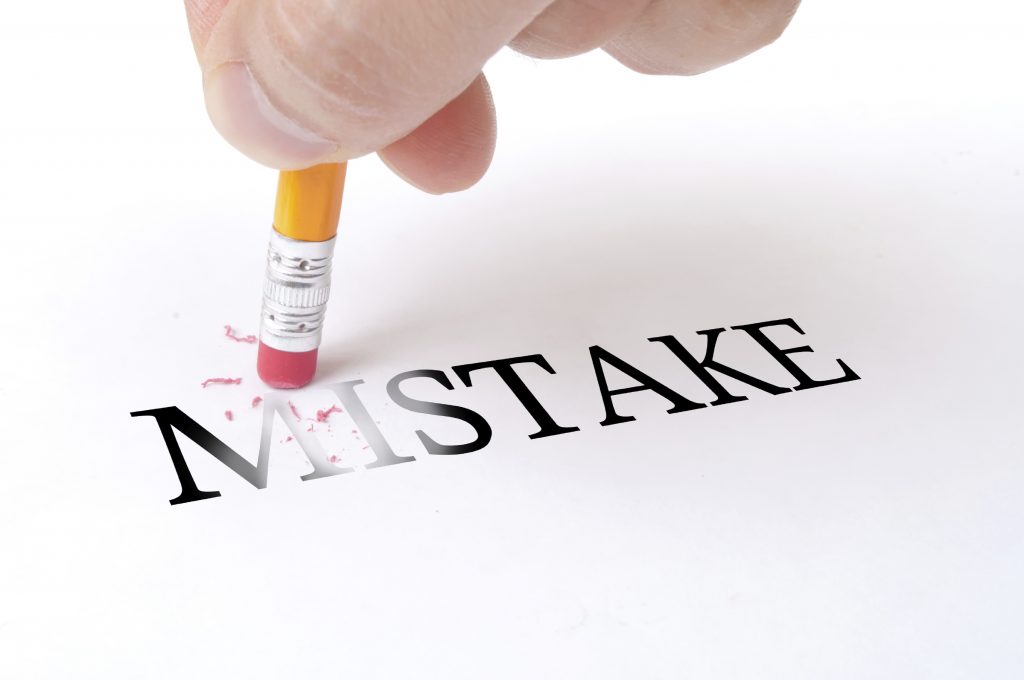
Works Cited
‘Planning vs. Preparation, C3 Conversations [online]. [Accessed 20th February 2023] https://c3conversations.com/planning-vs-preparation/
Witte, Brian. ‘3 Tips To Help You Ace Your Next Job Interview’, TIME Magazine [online]. [Accessed 20th February 2023] https://time.com/4206539/job-interview-advice/
You May Also Like

Interview a New You! – Becoming an Interview Guru
24 February 2023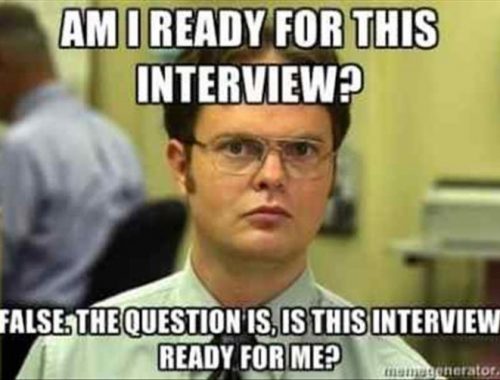
“Fake it ‘til you make it!”: Finding Success in a Simulated Interview
22 February 2023